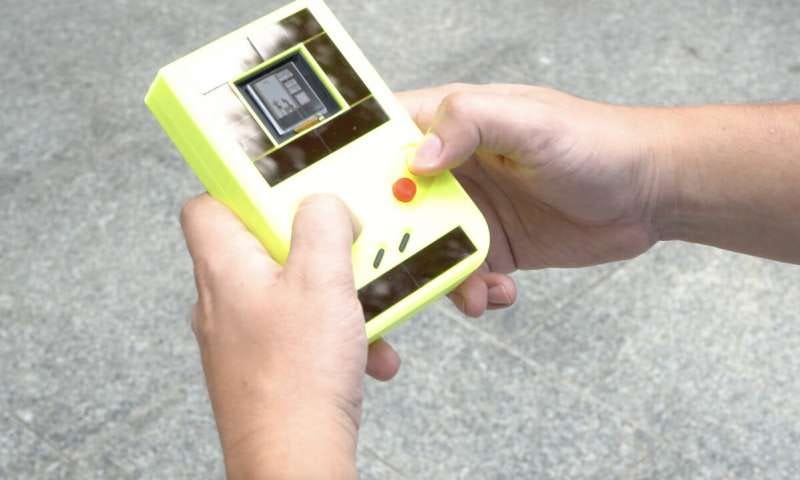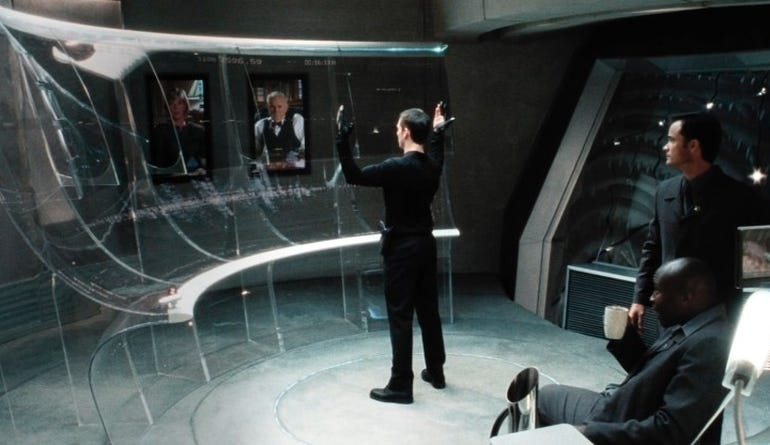1. One thing that can help
We’ve gone from jumping rope to jumping Mario over the flag pole and seen the number of devices needing batteries skyrocket.
The debate over the environmental cost of battery creation versus other energy sources is a hot one and opinions vary wildly. Electric cars and homes are increasing our dependence on batteries. Tesla hosted a “battery day” this week to announce they will be producing their own batteries and aiming for cobalt-free (and therefore mining-free) batteries.
Meanwhile there is progress being made toward a battery-free world. A team of researchers at Northwestern University and Delft University of Technology developed a Game Boy emulator that is battery-free. It is powered by both solar panels and the energy converted from you hammering those buttons. The system is not yet perfect and games that don’t require a lot of buttons to be pressed may not work smoothly. But this battery-free Gameboy demonstrates the possibilities for sustainable energy without limits.
2. One thing to be wary of
If you’ve watched the movie “Minority Report”, then you are all too familiar with what an attempt to use AI to predict crime may mean. A 0% murder rate would be amazing but are we really there yet?
In a report by the Citizen Lab, police in Canada are said to be using algorithms to predict where the next crime could happen. This allows them to pinpoint where to deploy resources when doing their patrols.
The report says: “…at least two agencies, the Vancouver Police Department and the Saskatoon Police Service, have confirmed that they are using or are developing predictive algorithmic technologies for the purposes of guiding police action and intervention.”
The major concern with this is that algorithms are never neutral and will inherently target particular communities and areas. This increased police targeting may well create a loop and make crime in these areas more prevalent as we have seen with recent events in heavily-policed states in the U.S.A.
3. One thing to amaze
In my house I have more smart devices than I should. Each come with another component that needs plugging in and setting up. A smart-lights hub, garage door sensor, Sonos hub, door cameras etc etc.. Managing these is a huge pain and as we move towards more advanced home appliance monitoring it seems to be getting more complex. Thankfully, a team at Cornell University came up with an astounding way to make our homes smart using only one device.
The device, called VibroSense, uses the vibrations in your home to track every appliance/device. It uses a vibrometer to detect vibration and track its path to identify the device emitting the vibrations. Using this data, a deep learning network will identify which appliance emits the vibrations and in what stage of usage it is in.
The results are promising. According to the team, VibroSense has 96% accuracy in identifying 17 different appliances inside the home. This means no more leaving the oven on by mistake, forgetting the laundry in the washing machine, or going on holiday with the taps dripping. In this expensive world where our resources grow scarce every day, VibroSense might help us conserve our resources by turning our homes into smart homes.

